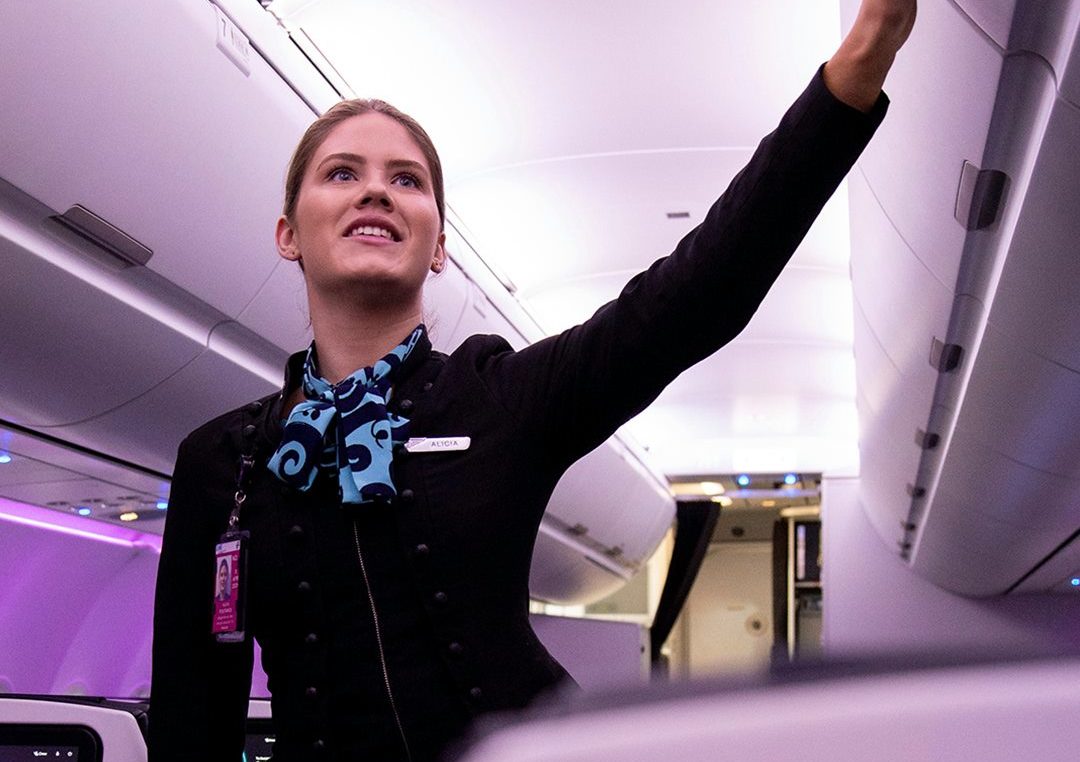
Cabin crew at Air New Zealand have lost a dispute with the Kiwi airline over free hotel breakfasts after a union accused the carrier of allowing members of a rival crew union to enjoy complimentary breakfasts.
The dispute was brought against Air New Zealand by the Flight Attendants Association of New Zealand (FAA), which was formed during the pandemic to go head to head with the incumbent union E tū, which had been the dominant cabin crew union.
The FAA quickly grew and now represents 800 cabin crew working on Air New Zealand’s widebody and primarily long-haul aircraft. In comparison, E tū now only represents 600 cabin crew on the same fleet.
During the pandemic, the FAA negotiated a Strategic Partnership Memorandum of Understanding with Air New Zealand, which was meant to guarantee its members free breakfast at hotels in destinations that the airline’s Boeing 787 Dreamliners and 777 aircraft flew to.
But when Air New Zealand negotiated the breakfast deal with the hotels it contracted for cabin crew to stay at during layovers, the airline also allowed members of the E tū union to have free breakfast as well.
The FAA wasn’t happy with the airline’s extending the free breakfast deal to cabin crew regardless of union membership or its stance that it could only provide free breakfast at select hotels.
Air New Zealand told the FAA that it would continue giving free breakfast to all cabin crew “as a matter of fair treatment between all Air NZ flight attendants”, while the airline argued that the agreement only required it to do its best to secure free breakfasts for cabin crew.
Crucially, Air New Zealand stipulated that it would only offer free breakfasts if they were provided at no extra cost to the airline.
It turns out, however, that some airlines were charging the airline to provide the breakfasts for crew members to the tune of NZ $1 million per year, so Air New Zealand withdrew the deal at these hotels.
Going forward, Air New Zealand told the FAA that it wouldn’t provide free breakfasts when the airline switched crew layover hotels but that it would accept the cost of providing breakfasts at 10 existing hotels.
The FAA took the airline to New Zealand’s Employment Relations Authority to fight the decision and try to have it overturned, where they argued that the free breakfast deal was crucial in making daily expenses payment go further to pay for better quality lunches and dinners.
The court case, however, did not take very long to resolve. The Employment Relations Authority determined that the memorandum of understanding was not a collective agreement and, therefore, did not fall within the court’s jurisdiction.
Taking the side of Air New Zealand, the adjudicator found that the airline was unlikely to have agreed to a deal with the union, which would have raised costs when it was battling for survival.
While the adjudicator found that the two sides clearly had very different recollections of how the agreement was meant to work, he concluded that the wording covered Air New Zealand’s position on the matter.
Related
Mateusz Maszczynski honed his skills as an international flight attendant at the most prominent airline in the Middle East and has been flying ever since... most recently for a well known European airline. Matt is passionate about the aviation industry and has become an expert in passenger experience and human-centric stories. Always keeping an ear close to the ground, Matt's industry insights, analysis and news coverage is frequently relied upon by some of the biggest names in journalism.







